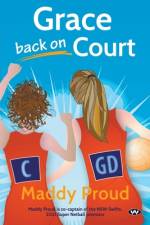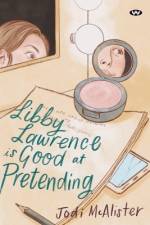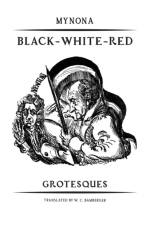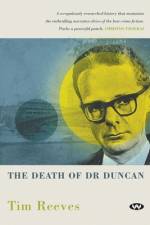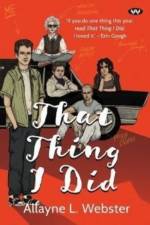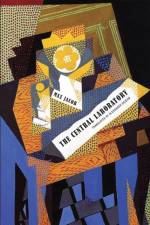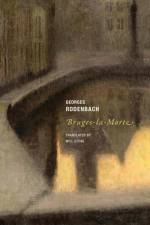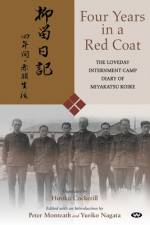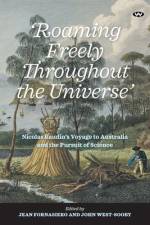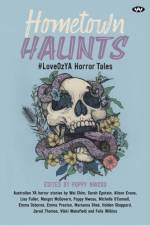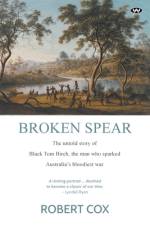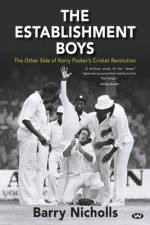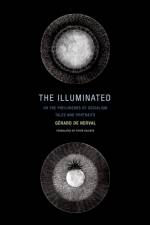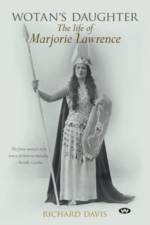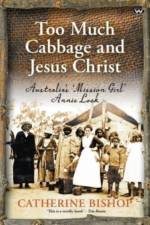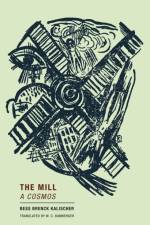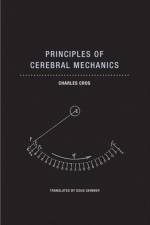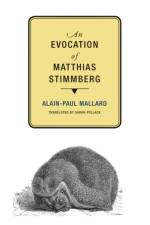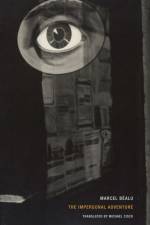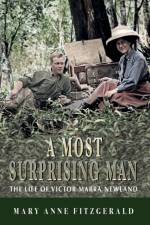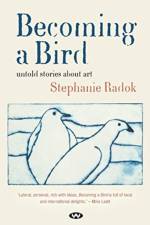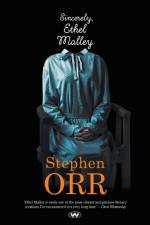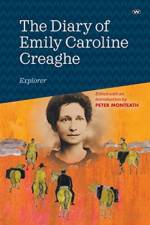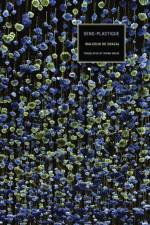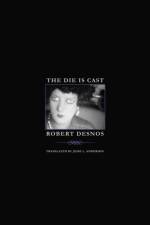av Malcolm de Chazal
267
"Sens-Plastique has now been a companion of mine for nearly 20 years, and so far as I am concerned, Malcolm de Chazal is much the most original and interesting French writer to emerge since the war." -W.H. AudenAfter seeing an azalea looking at him in the Curepipe Botanic Gardens (and realizing that he himself was becoming a flower), Malcolm de Chazal began composing what would eventually become his unclassifiable masterpiece, Sens-Plastique, which would take its final form in 1948. Containing over 2,000 aphorisms, axioms and allegories, the book was immediately hailed as a work of genius by André Breton, Francis Ponge, Jean Dubuffet and Georges Braque. Embraced by the Surrealists as one of their own, Chazal chose to avoid all literary factions and steadfastly anchored himself in his solitary life as a bachelor mystic on the island nation of Mauritius, where he would proceed to write books and paint for the rest of his life. Sens-Plastique employs a strange humor and an alchemical sensibility to offer up an utterly original world vision that unifies neo-science, philosophy and poetry into a new form of writing. Mapping every human body part, facial expression and emotion onto the natural kingdom through subconscious thinking, Chazal presents a world in which humankind is not just made in the image of God, but Nature is made in the image of humankind: a sensual, synesthetic world in which everything in the universe, be it animal, vegetable, mineral or human, employs a spiritual copula. Malcolm de Chazal (1902-81) was a Mauritian writer and painter. Forsaking a career in the sugar industry, he spent the majority of his life in a solitary, mystical pursuit of the continuity between man and nature.

